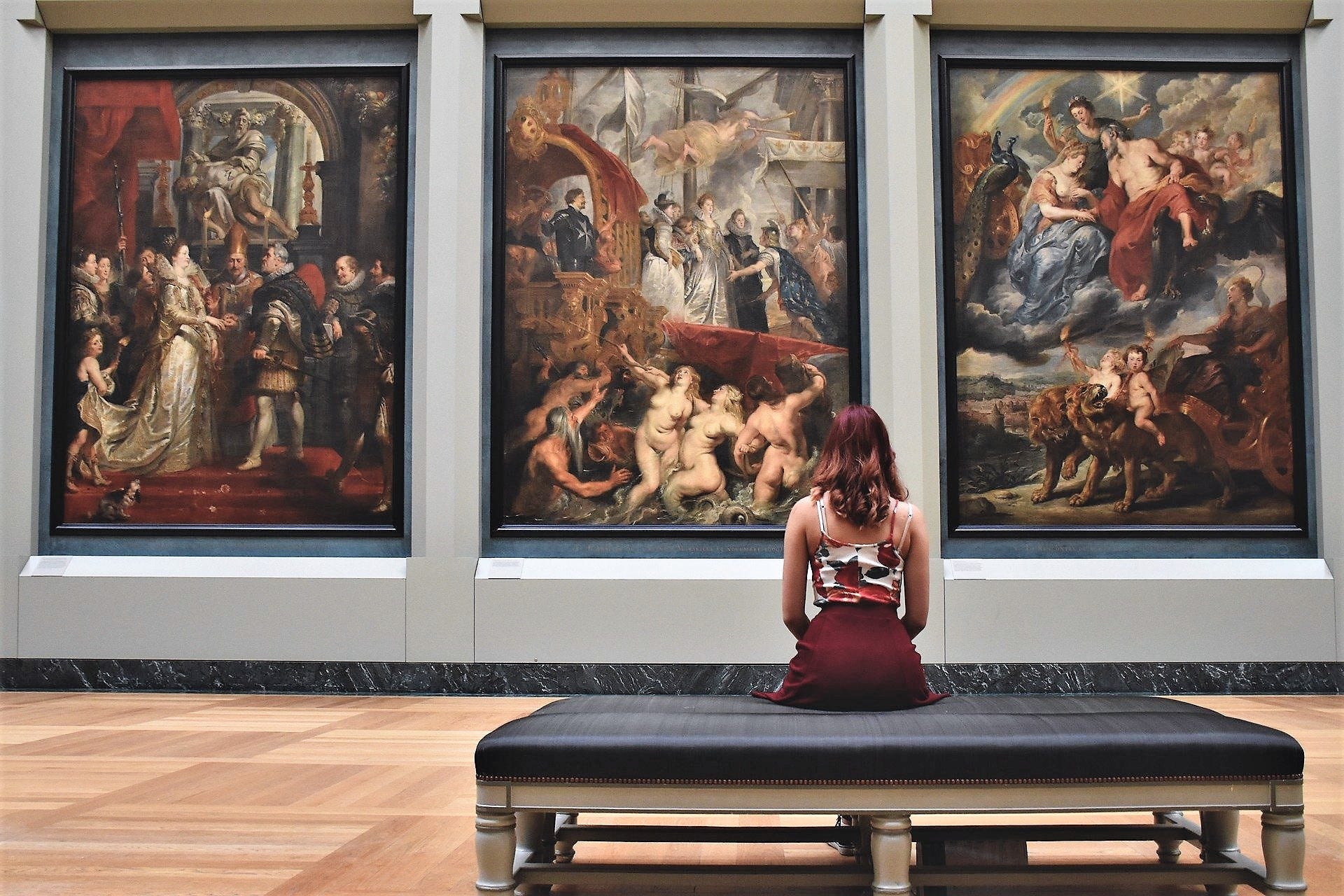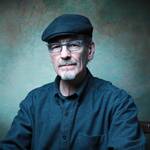The creative path you choose, and the types of projects that you work on are critical to your happiness and success as a creative person. This can be professionally or following your passion.

Knowing that you are right about the type of creative work you do, and knowing that you can make good decisions about a project leads to a stronger creative personality, a more powerful creative output. It creates meaningfulness in life.
Many writers and creative people suffer from anxiety about their work. They can become anxious about what they do.
They become anxious about sitting down to work at their writing, they can become anxious about almost anything that is related to their work. Whether it’s a photographic image they are creating, a written work, or music, it can cause anxiety — always at the point when they are confronted by the idea of beginning to work on the project.
Anxiety about the work is not a sign that you are in wrong room, or that you have chosen the wrong ideas.
Creative people often forget that the work they do involves a process of thinking deeply about the subject, making tentative connections, then trying to understand those connections enough to create a whole and finished piece of work.
Everything is connected, but sometimes it seems like the whole world is in fragments when creative people are at work.
Anxiety is caused by the stress of change. The mind hates to change from one task to another.
The mind doesn’t deal with change as quickly as we’d like it to. It has to reorganize itself, refocus, then kick-start a different part of the brain to get moving again. So, it can go into refusal mode as soon as the gate opens.
When you sit down to write for the first time in hours, or days, you put down one tool, and have to pick up the writing tool part of the brain. Lots of people have problems with this simple change, in spite of already having worked on your writing for several weeks or months, you avoid it.
The stress that anxiety causes raises questions about abilities and knowledge of the subject that you’re working on. You may confuse the problem of creativity and discovering new ideas that you aren’t yet fully aware of, with lack of knowledge. These feelings can cause lack of confidence, and finally hit your self-esteem.
Writing, photography, and any creative endeavour requires that we forge into the unknown. It’s not a scientific process. It’s creativity doing its thing, while we coax it along in our search.
The real knowledge is self awareness about your creative potential, subject knowledge can be minimal, but we discover and learn as we work.
People have written books on topics that they had no knowledge of, but during the process of research they increased their knowledge. This new knowledge fed the creative process, and helped them make new decisions about the work.
John McPhee didn’t know much about oranges before he decided to write a book about them. He ended up writing an extremely engaging and bestselling non fiction book all about this fruit.
Geoff Dyer, a non fiction writer admits to having no clue about photography, but he wrote a wonderful book called, “The Ongoing Moment” — all about street photography.
People feel out of depth when they don’t have knowledge to back up their work. Even when you have knowledge, and enough of it, your doubts can convince you that it’s easier to quit than to face up to revealing incompetence on a subject.
Overcoming doubt, in spite of big holes in factual knowledge about your subject, is more important for a creative than basing your work on how much you know.
If you are writing a fictional story, you don’t know what will really happen in the story until you’ve written it. If you are taking a photo, painting a picture, or creating interesting objects out of coloured paper, you are always on a path of discovery.
Creative work always turns out a little different to what we at first envisioned. That’s inherent in its nature.
Starting to work on creative projects requires overcoming the anxiety of change, testing your subject knowledge, and your ability to commit to a period of work time that can only be measured in terms of the ‘how long is a piece of string’.
Creativity is a no-guarantees process. You can’t say how things will turn out in the end. But you must work with a strong intention to create something that is meaningful. Meaningfulness is the centre of all creativity. You can achieve this if you trust yourself, and not allowing doubt and fear to overtake your feelings.
The reason we create things is to create meaningfulness in our lives.
As soon as we allow negative feelings of doubt and fear to develop into anxiety, we suffer from lowered self esteem. Your self-esteem as a creator is based on your ability to keep moving forwards in your work, and refusing to entertain thoughts of inadequacies, or lack of skills.
A lot has been said about self-esteem, and often books and articles relating to its ups and downs, are full of weird ideas that don’t make much sense.
Self esteem is related to how well we work, and how we view ourselves mentally. The reflection of ourselves in our own minds is mirrored in our work. We discover self-worth, self-esteem, in our creative work.
If you can commit to an unknown time limit on your work, you can begin without fear.
You’ll work and discover that the time was about the same as last time, and it was worth it.
If you can ignore the first distractions that stop you from sitting in your chair and writing, you can work, and finish the job.
Ignoring the distractions means that you must become objective towards them. To view them as secondary to your true intentions of doing meaningful work. Normally, a distraction is to check your phone, or to look in the fridge to be sure you have enough to make dinner later that day. Each distraction is a hook that will lead to more and more distractions.
When you know that doubts about your work will always be present, but you use them to keep working and find out if you are right or wrong about it, then you’ll always be a person who is growing as a creative.
Creative work increases your knowledge of yourself. Facts and knowledge come when you research, then apply the research to your work, and learn.
Creative people find meaning in the work they do because they have discovered that their own inner world has value.
A creative person looks inwards and discovers they have tools and resources to make connections with the outside world, to create meaningful ideas that they can share with the world. So they go ahead and do the work.
It’s at this point that a conflict occurs. Once again, fear coupled with a lack of self confidence rises, and the creator has problems showing the world what they have created. Anxiety.
Creative people will always live with rising and falling anxiety. You create something, know that it is something like a reflection of your deepest self, and then you have powerful urge to share it with the rest of the world, but you hesitate.
The human condition is a result of the lives we live. The fears and the experiences that lead to joy, happiness, and all its opposites are common to all people.
To share your interpretation of these things is to offer other people, less creative, the opportunity to reflect on their own experiences in life. They will always be glad that you shared your work.
More on Berlin Notes
My Medium Page for articles and posts

Leave a Reply
You must be logged in to post a comment.